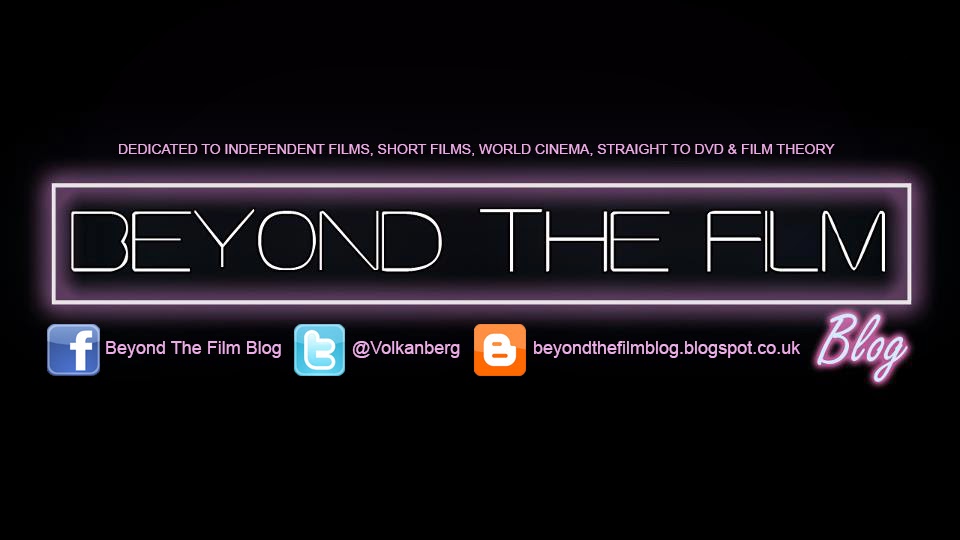
 In our lives we all watched documentaries; some of us love them and other cannot stand them, some find David Attenborough’s voice to be absorbing when others just want to pass out of boredom. In the end we have all seen a documentary, but what is a Documentary? You can say a documentary is a film trying to attempt to document a present or pass reality. The scenes we see are not scripted and the chosen footage will speak for itself or at times rely on a voice-over narration to help the viewer understand. Mostly all documentaries have no actors and interviews are taken by real people.
In our lives we all watched documentaries; some of us love them and other cannot stand them, some find David Attenborough’s voice to be absorbing when others just want to pass out of boredom. In the end we have all seen a documentary, but what is a Documentary? You can say a documentary is a film trying to attempt to document a present or pass reality. The scenes we see are not scripted and the chosen footage will speak for itself or at times rely on a voice-over narration to help the viewer understand. Mostly all documentaries have no actors and interviews are taken by real people. My personal two favourite documentaries both released in 2008 and one of them some may consider not a documentary at all; Ari Folman’s “Waltz with Bashir” and Werner Herzog “Encounter at the End of the World” are two documentaries that has changed my view in both film and documentary. Encounter of the End of the World is based on Werner Herzog exploring the Antarctica but not because of global warming or discovering an accent artefact. The documentary focuses on the people who live and work there, capturing striking footage of locations and unreal stories of the people who choose to live “at the End of the World”. Ari Folman’s Waltz with Bashir is somewhat half animated film and half documentary which is quite odd in a documentary genre. The animated documentary film is based on the 19 year old Ari Folman’s memory on the aftermath of the Sabra and Shatila massacre in the 1982 Lebanon War. Personally Waltz with Bashir has a film like linear narrative structure following Ari attempting to regain his lost memory of the war at the same time teaching us what the 1982 Lebanon War was about.
 |
| Lighting Beirut |
 |
| Under the End of the World |
I just appreciate how both directors use simple ideas and break through the simply conventional idea of how a documentary should be. With Werner using beautiful opera and his mesmeric voice to hypnotise you I just can’t wait for more of his documentaries and with Ari taking a structure of what is a film but made it into an animated documentary film and taking 4 years in the making of Waltz with Bashir it’s a shame that this film is banned in Lebanon.


